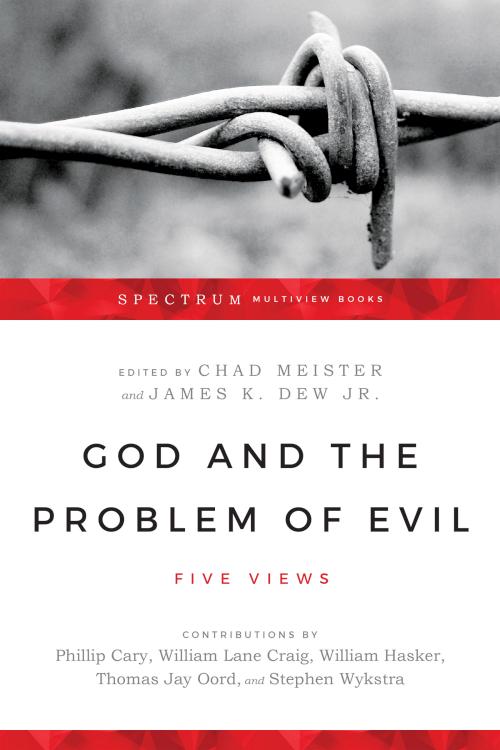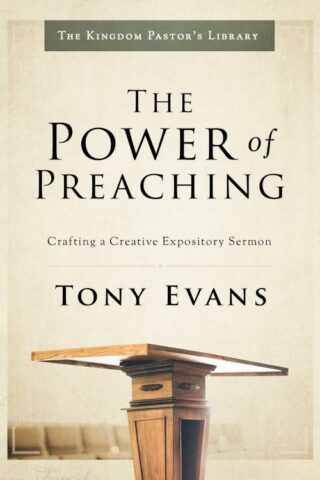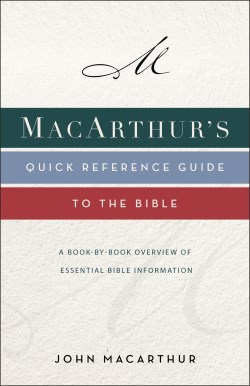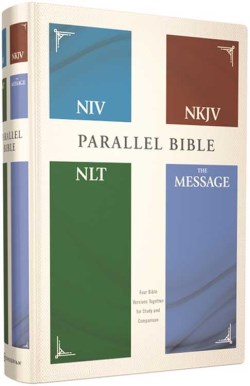God And The Problem Of Evil
$29.99
Introduction Chad V. Meister And James K. Dew Jr.
Part 1: Perspectives On The Problem Of Evil
1. The Classic View Phillip Cary
2. The Molinist View William Lane Craig
3. The Open Theist View William Hasker
4. The Essential Kenosis View Thomas Jay Oord
5. The Skeptical Theist View: A Journey Stephen Wykstra
Part 2: Responses
6. Response To Other Contributors Phillip Cary
7. Response To Other Contributors William Lane Craig
8. Response To Other Contributors William Hasker
9. Response To Other Contributors Thomas Jay Oord
10. Response To Other Contributors Stephen Wykstra
Author Index
Subject Index
Additional Info
Evil abounds. And so do the attempts to understand God in the face of such evil. The problem of evil is a constant challenge to faith in God. How can we believe in a loving and powerful God given the existence of so much suffering in the world? Philosophers and theologians have addressed this problem countless times over the centuries. New explanations have been proposed in recent decades drawing on resources in Scripture, theology, philosophy, and science. God and the Problem of Evil stages a dialogue between the five key positions in the current debate: Phillip Cary: A Classic ViewWilliam Lane Craig: A Molinist ViewWilliam Hasker: An Open Theist ViewThomas J. Oord: An Essential Kenosis ViewStephen Wykstra: A Skeptical Theism View According to the classic position, associated especially with the Augustinian tradition, God permits evil and suffering as part of the grand narrative of divine providence to bring about the redemption of creation. Molinism modifies the classic view by adding God’s middle knowledge to the picture, in which God has knowledge of what creatures would do in all possible worlds. Open theism rejects the determinism of the classic view in favor of an account of God as a risk-taker who does not know for sure what the future holds. Essential kenosis goes further in providing a comprehensive theodicy by arguing that God cannot control creatures and thus cannot unilaterally prevent evil. Skeptical theism rejects the attempt to provide a theodicy and instead argues that, if God exists, we should not expect to understand God’s purposes. Edited, with an introduction, by Chad Meister and James K. Dew Jr., God and the Problem of Evil hosts a generous and informative conversation on one of the most pressing issues in the Christian life.
in stock within 3-5 days of online purchase
SKU (ISBN): 9780830840243
ISBN10: 0830840249
Editor: Chad Meister | Editor: James Dew
Binding: Trade Paper
Published: May 2017
Spectrum Multiview Books
Publisher: InterVarsity Press
Print On Demand Product
Related products
-
Kingdom Disciples : Heavens Representatives On Earth
$18.40The missing key to Christianity in America
There is a missing key in Christianity today. It is a critical key, and its absence has led to weak believers, disintegrating families, ineffective churches, and a decaying culture. Without the full use of this key, we lack the tools needed to fully live as heaven’s representatives on earth.
That missing key is discipleship. In Kingdom Disciples, Tony Evans outlines a simple, actionable definition of discipleship to help the church fulfill its calling. Readers will learn:
*What a disciple essentially is
*What a disciple cares about
*How to be a disciple and make disciples
*What discipleship looks like in community
*What the impact of discipleship on the world should beKingdom disciples are short supply, and the results are legions of powerless Christians attending powerless churches, resulting in a powerless presence in the world. The power, authority, abundance, victory, and impact God has promised will only come about when we understand and align ourselves with His definition of discipleship.
It is the goal of this book Kingdom Disciples to call believers and churches back to our primary, divinely ordained responsibility to be disciples and make disciples. Only when we take seriously this assignment will the world see heaven at work on earth. Will you accept the assignment?
Useful for base material in a course on discipleship.
Add to cartIn stock
-
Streams In The Desert
$14.99The softcover edition of the beloved daily devotional Streams in the Desert will continue to sustain and replenish God’s weary desert travelers as it has for more than 75 years. Capturing the timeless essence of the original devotional with fresh, contemporary wording from editor Jim Reimann and New International Version text, each devotion lends guidance and hope while encouraging a deeper faith walk. This classic devotional will appeal to both men and women of all ages thanks to a gender-neutral design and devotional entries on a wide variety of topics.
Add to cartin stock within 3-5 days of online purchase
-
Power Of Preaching
$14.99The No-Nonsense Preaching Manual Every Pastor Needs
The first book in the Kingdom Pastor’s Library from Tony Evans, The Power of Preaching will help you be faithful to the Word of God and preach with power and conviction. From the practice of preparation to learning to choose subjects wisely, this book offers brings you a preaching education from one of the most trusted and effective voices in ministry. It also includes important lessons on:
*Bible study methods & expository preaching
*The development and use of illustrations
*The cadence of deliveryLearn the essentials of preaching a powerful message from the gifted, veteran pastor, Tony Evans.
The Kingdom Pastor’s Library is a series of books that brings you a concise, complete pastoral philosophy and training from Tony Evans.
Faithful. Powerful. Practical. Become a Kingdom Pastor today.
Add to cartIn stock
-
MacArthurs Quick Reference Guide To The Bible
$24.99Study the Bible Deeply, Faithfully, and Effectively
There is a big difference between simply reading the Bible and studying the Bible well, so it transforms your life. That difference often boils down to having the right resources not just to read but to understand and apply what you are reading to your life.
In MacArthur’s Quick Reference Guide to the Bible, noted pastor and teacher John MacArthur takes you through the key aspects of the Bible. This valuable companion to reading the Bible has been prepared to help you develop good Bible-reading habits and a better understanding of the depth and breadth of God’s Word.
For all 66 books in the Bible it highlights:
*Author and date
*Key people
*Background and setting
*Key doctrines
*Key aspects of how God’s character is illustrated
*How Christ can be found in that book
*Key words in the book
*Quick overview with a brief outline of contents
*Historical notes about what else what happening in the world when the book was written
*Frequently asked questions about the book
*Questions for reflectionOther valuable features include :
*”How We Got the Bible” section
*”How to Study the Bible” section
*”Chronology of the Bible” section
*Appendix with Quick Notes on Theology
*Chronology of Old Testament Patriarchs and Judges
*Chronology of Old Testament Kings and Prophets
*Timeline of the Ministry of Jesus Christ
*Index of Key WordsFilled with the fruit of decades of study and teaching MacArthur’s Quick Reference Guide to the Bible is an essential tool for anyone who wants to seriously study the Bible deeply, faithfully, and effectively.
Add to cartin stock within 3-5 days of online purchase














Reviews
There are no reviews yet.